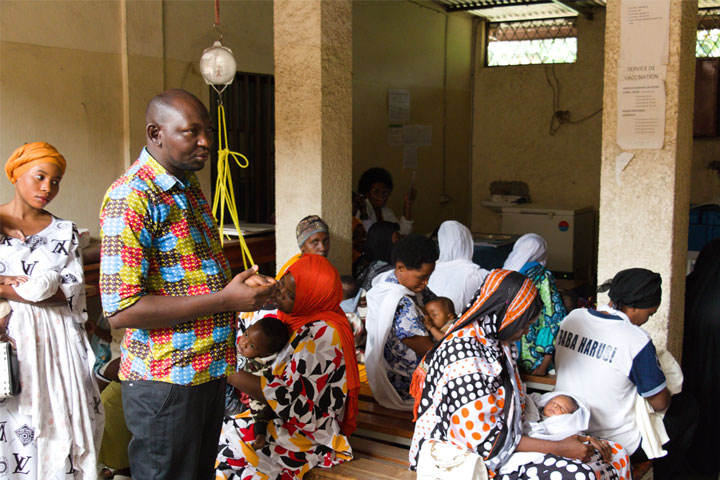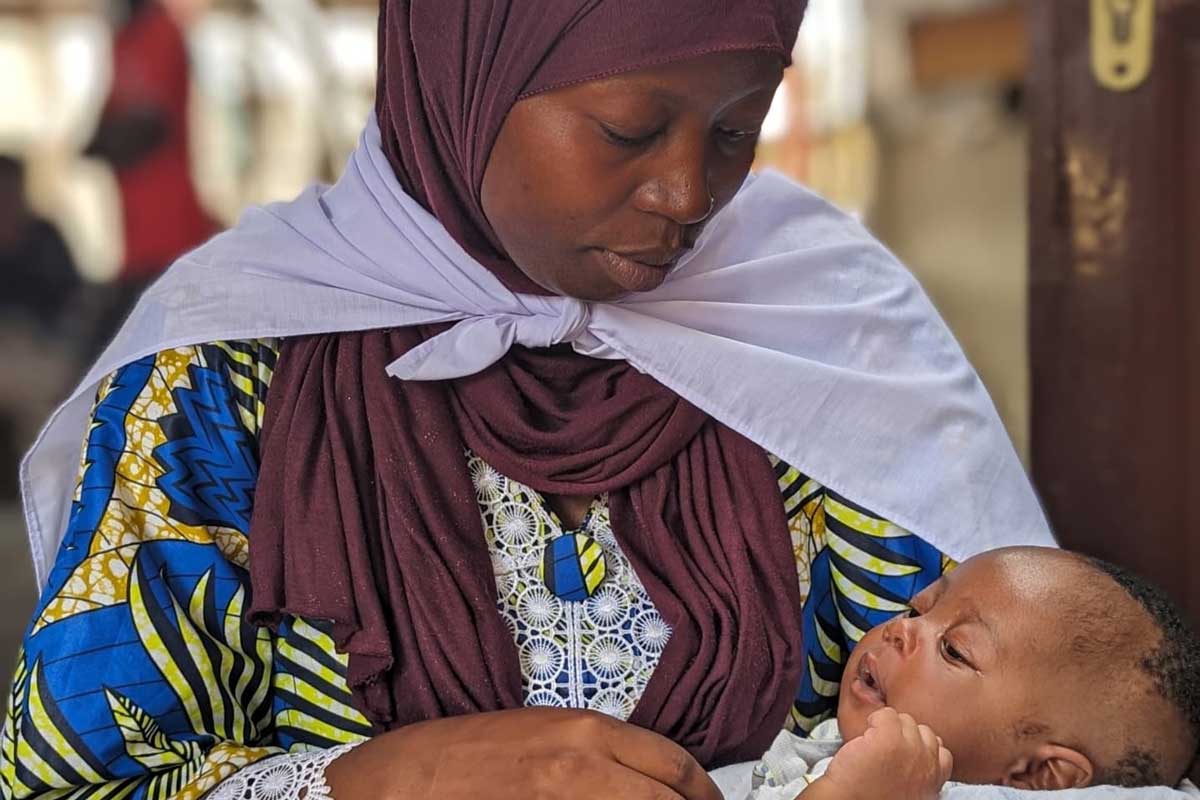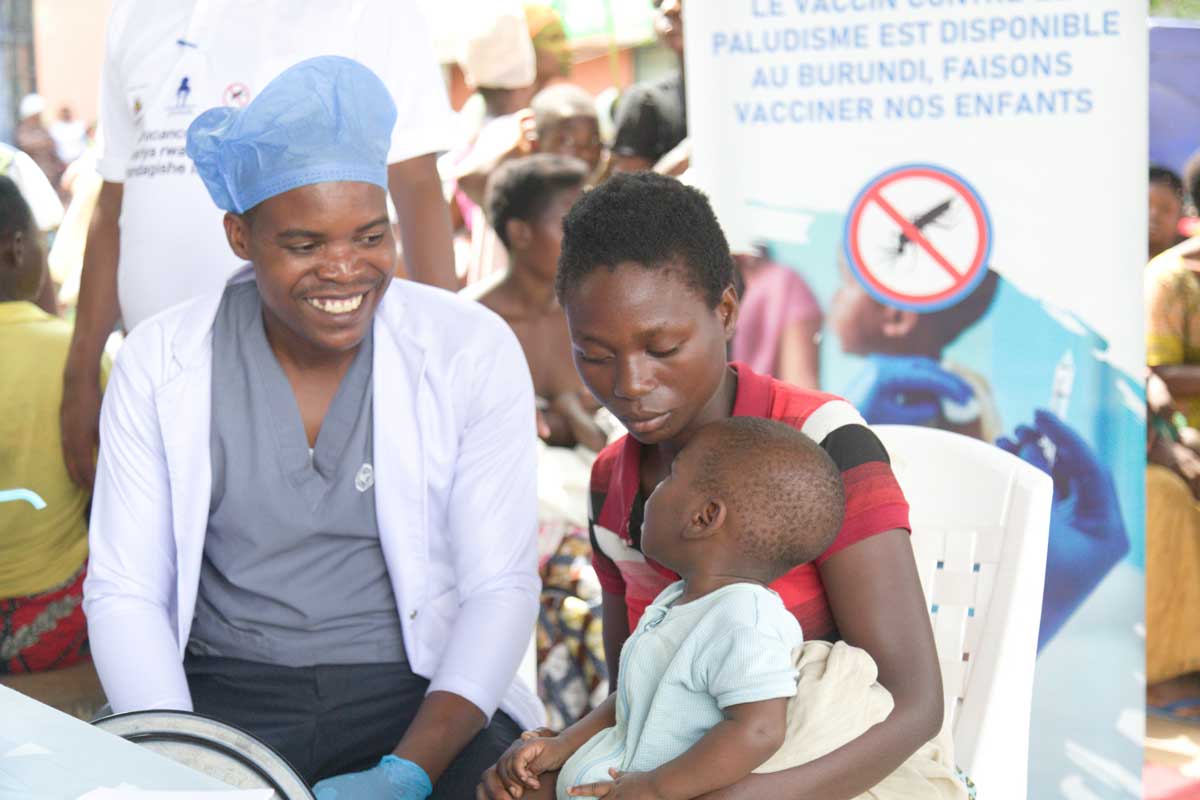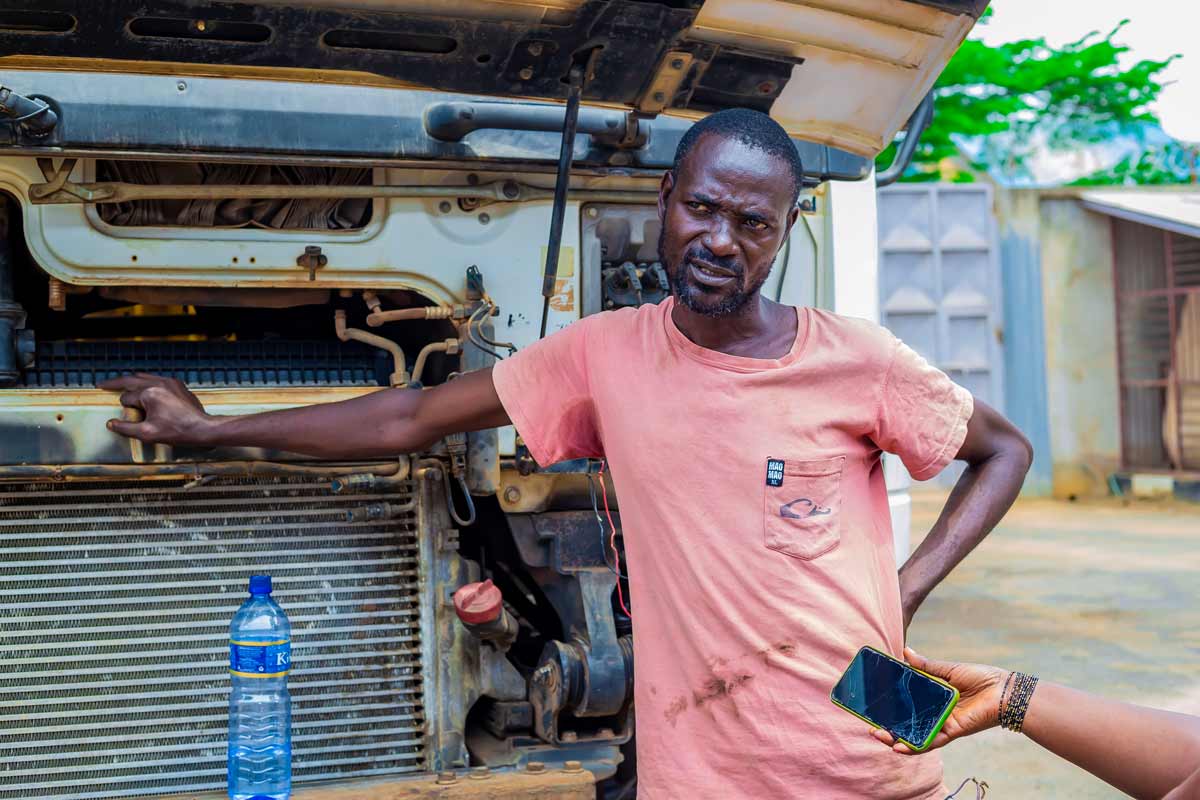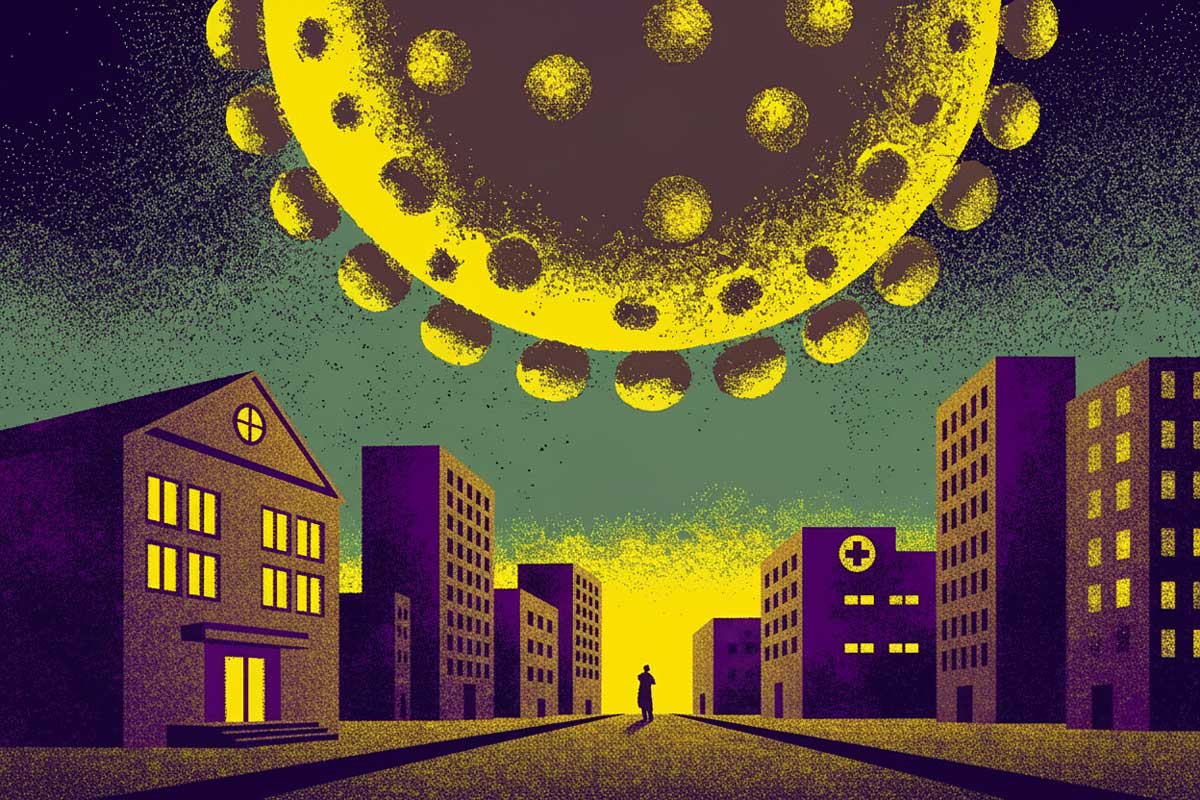Burundi’s COVID-19 vaccination campaign accelerates
With just 0.25% of the country immunised, Burundi is dangerously behind the rest of the world when it comes to protection from the pandemic virus. But, a revamped strategy is pushing the pace of vaccination.
- 8 February 2023
- 4 min read
- by Moses Havyarimana
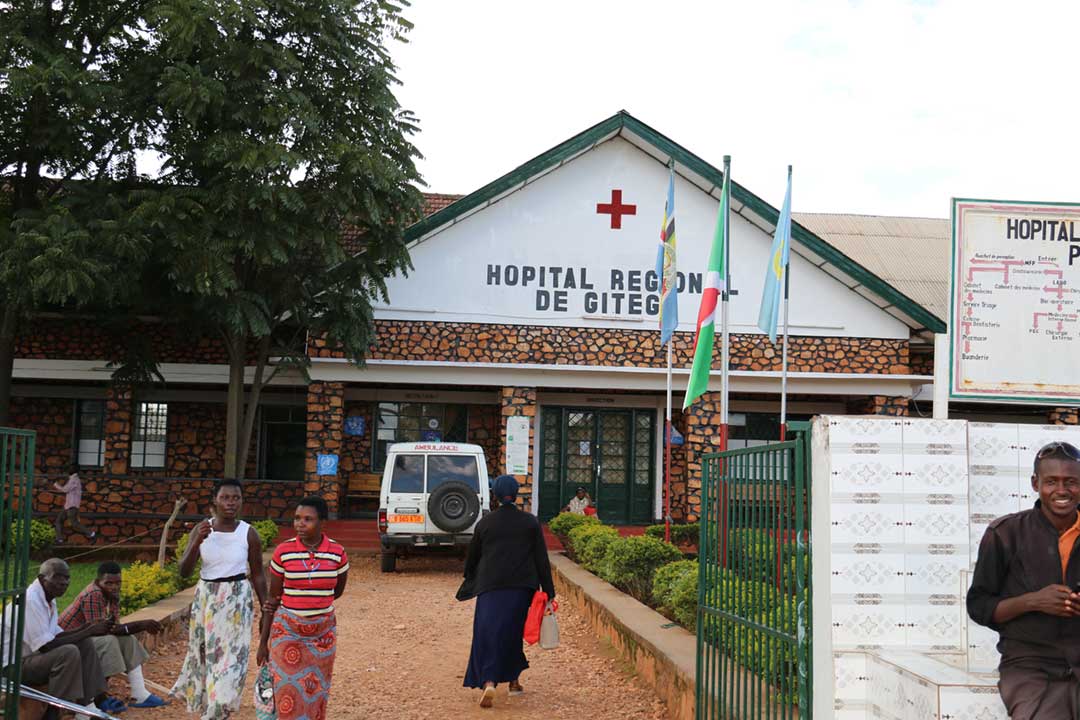
Burundi's government has launched a new national COVID-19 vaccination strategy, in efforts to bring the vaccine closer to those in need, the country's Ministry of Public Health announced last month.
"The big influence is in Bujumbura, but in the countryside there are very few people who get vaccinated," said Dr Liliane Nkegurutse, Acting Director of the Public Health Emergency Operation Center.
“We used to receive around two or three people a week but now we vaccinate more than 20 people per day, and this is because they have known the benefits of the vaccination.”
Bigirimana Soubira
Initially, there were only six COVID-19 vaccination centres in the country: four of them in Bujumbura, Burundi's economic capital, one in political capital Gitega, and one in the northern town of Ngozi. For many Burundians, getting vaccinated meant travelling at least 80km.
Lagging numbers
According to the Burundi government, the new policy – which aims to get COVID-19 vaccines to all health and vaccination centres countrywide – will significantly boost the number of immunised people in the country.
As of mid-January, just 31,985 people had been vaccinated in Burundi, the majoriy (29,444) of them with the Johnson and Johnson jab. That means just 0.25% of the population have so far have been immunised. Meanwhile, some 754,288 doses are said to be available in national storage centres.
The first batch of the COVID-19 doses arrived in Burundi the last quarter of 2021. "We started the vaccinating in October 2021. You know, until now in Burundi vaccination is still voluntary so in most cases when we analyse the data [we find] it is the intellectuals in most cases who get vaccinated – more than the other population," said Dr Nkegurutse.
A changed tune
Burundi was heavily criticised under the rule of the late former president Pierre Nkurunziza for neglecting to impose strict pandemic measures, declining to institute lockdowns or bans on public gatherings to curb the spread of the virus in the country. But when President Évariste Ndayishimiye took office in 2020, he declared the pandemic virus to be his country's "biggest enemy".
When new leader launched a free-of-charge mass testing campaign for Burundian citizens, more than two million people stepped up, according to the statistics from the country's Ministry of Health.
Since the first COVID-19 case was announced in Burundi on 31 March, 2020, well over 53,000 cases have been recorded. At least 15 people have been confirmed to have lost their lives to the virus.
Have you read?
Burundi's Ministry of Health said that they have increased efforts in disseminating the information about the vaccine so as those who need it can get it easily.
That marks a significant shift in tone. When the first batch of vaccine began to roll out in the country, national leaders were notably absent from the launch. Those who received the vaccine, the administration disclaimed, did so at their own risk.
Accelerating vaccine uptake
More than 90km from Bujumbura, in Burundi's centre, is the country's new capital Gitega – home to its province's only COVID-19 vaccination centre.
Dr Irambona Frederic Faustin, Deputy Director of Gitega Regional Hospital, said that there has been a noticeable increase of people getting vaccinated, compared to past years.
"Initially people were scared to get vaccinated, but now they are coming, following on what they witness from those who are already vaccinated," he said.
"We used to receive around two or three people a week but now we vaccinate more than 20 people per day, and this is because they have known the benefits of the vaccination," said Bigirimana Soubira, a health worker at Gitega Regional Hospital.
Soubira said that fake news and conspiracy theories about the vaccines were widespread, "but now after their friends, family members got vaccinated and they haven't seen any harm, people have started to come for the dose. Travellers are the majority, but there is a noticeable increase even on those who only come to protect themselves."
“I got the jab in December last year after suffering from COVID-19. It was really a painful experience so I decided that I should get vaccinated.”
– Irakoze Arsene
Receiving just a single vaccine per day put health workers in a difficult logistical spot, Soubira recalled. "You need to open the [vaccine vial] that would have worked on five people [and then] you find that the dose that would have vaccinated five people is spoilt because of the few people who come to get vaccinated."
Since June 2022, when Burundi opened the vaccination centre at Gitega, 237 people have been vaccinated.
Thirty-three-year-old Irakoze Arsene is one of them. "I got the jab in December last year after suffering from COVID-19. It was really a painful experience so I decided that I should get vaccinated," he said.
"When I got vaccinated I never had any side effects, though my friends are still sceptical about getting vaccinated."
